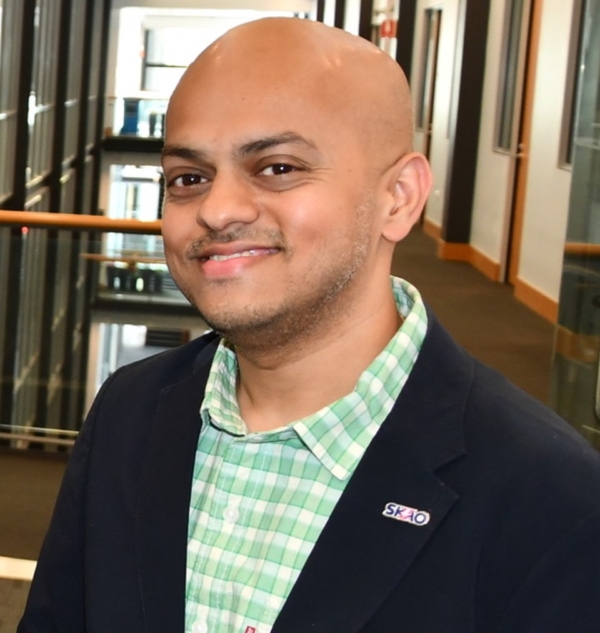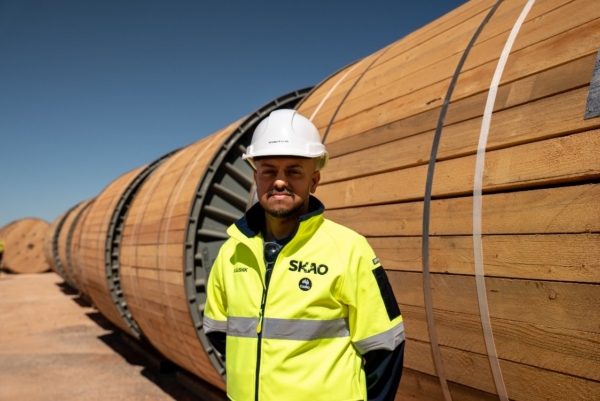In a compelling address to an audience of retired employees, their families, and government officials, Satyendra Kumar, a progressive leader, a decorated bureaucrat and advocate for administrative reform, underscored the significance of pension courts in upholding justice and dignity for pensioners. Drawing from his own experiences as Chairperson of Pension Courts, Mr. Kumar highlighted the transformative impact of resolving long-pending cases and the role of pension courts in delivering timely benefits to retirees and their families.
The event, attended by policymakers, social activists, and retired government employees, served as a platform for discussing systemic challenges in the pension system and exploring actionable solutions for ensuring justice for pensioners.
Pension Courts: A Crucial Institution for Justice
Mr. Kumar began his speech by emphasising the critical role of pension courts in addressing grievances, saying, “Pension courts are not just administrative forums; they are instruments of justice that restore the dignity and rights of those who have given their best years in service to the nation. It is imperative that we strengthen these institutions to ensure every pensioner receives their rightful dues without delay.”
He pointed out that pension-related disputes often stem from procedural delays, lack of awareness, and systemic inefficiencies, leaving many pensioners in financial and emotional distress. “Behind every pending pension case lies a story of hardship, frustration, and, in many cases, grief. It is our responsibility as administrators to ensure that these stories have a just and timely resolution,” he said.
Personal Experiences: Resolving Long-Standing Cases
Reflecting on his tenure as Chairperson of Pension Courts, Mr. Kumar shared several impactful experiences where justice was served to deserving pensioners and their families:
- Resolving Decades-Old Cases:
Mr. Kumar recounted a case where a retired government employee had been fighting for his pension for over 25 years due to discrepancies in service records. Under Mr. Kumar’s leadership, the case was resolved, and the pensioner received his dues along with arrears. “The joy and relief on his face were a reminder of why these courts are so vital,” he said.
- Providing Relief to Grieving Families:
In many instances, widows and dependents of deceased employees had been denied benefits due to procedural delays. Mr. Kumar highlighted a case where a widow had been waiting for her husband’s pension for nearly 15 years. “Her perseverance moved us all. By clearing her case and ensuring she received the pending amount, we restored not just her financial security but also her faith in the system,” he shared.
- Ensuring Accountability:
Mr. Kumar made it a point to hold officials accountable for delays and directed them to implement systemic changes. “Pension courts are not just about resolving cases; they are about creating a culture of accountability that prevents such delays in the future,” he emphasised.
Call for Systemic Reforms
While celebrating the success of pension courts, Mr. Kumar also outlined the challenges that need to be addressed to improve their efficiency and impact:
- Digitisation of Records:
He stressed the need for a fully digitised pension system to eliminate discrepancies and reduce processing times. “A single digital platform can ensure transparency, accessibility, and accountability,” he remarked.
- Proactive Communication:
Pensioners often face difficulties due to lack of awareness about their entitlements and the status of their cases. Mr. Kumar proposed regular updates and outreach programs to bridge this gap.
- Periodic Pension Courts:
He called for the institutionalisation of regular pension court sessions across districts to address grievances promptly.
- Grievance Helplines:
Establishing dedicated helplines for pension-related concerns would provide a direct channel for resolving issues without the need for lengthy bureaucratic procedures.
Voices from the Beneficiaries
The session also featured testimonials from pensioners and their families who had benefited from Mr. Kumar’s leadership in pension courts.
- A retired school principal, whose pension case had been unresolved for nearly 20 years, said, “I had almost given up hope until Mr. Satyendra Kumar’s judgement ensured that my case was resolved. His dedication to justice is unparalleled.”
- The son of a deceased employee shared, “My father passed away waiting for his dues. Thanks to Mr. Kumar’s efforts, my mother and I have finally received the benefits that were rightfully ours.”
A Vision for the Future
Concluding his speech, Mr. Kumar reiterated his commitment to advocating for pensioners and reforming the pension system. He said, “A society is judged by how it treats its elders. We must ensure that no pensioner or their family is left to struggle for what is rightfully theirs. Let us work together to build a system that upholds justice, compassion, and dignity.”
He urged policymakers and administrators to prioritise pension reforms and invest in creating a more responsive and efficient system.
A Call to Action
Mr. Kumar’s speech resonated deeply with the audience, inspiring hope and renewed faith in the pension justice system. As the session concluded, he was applauded for his unwavering dedication and leadership in resolving grievances and delivering justice to pensioners.
The event served as a reminder of the power of compassionate governance and the impact of strong institutional mechanisms in ensuring the welfare of retired employees.
About Mr. Satyendra Kumar
Mr. Satyendra Kumar is a social leader and a bureaucrat with decades of experience in public administration. Known for his expertise in financial administration, governance reforms, and grievance redressal, he has trained top IAS, IPS, and IFS officers in India. Mr. Kumar has a distinguished record of leadership in addressing systemic inefficiencies and promoting justice in governance. His commitment to serving pensioners and their families reflects his enduring dedication to public welfare and equitable governance.


 Entertainment3 years ago
Entertainment3 years ago
 Education1 year ago
Education1 year ago
 Business2 years ago
Business2 years ago
 Technology1 year ago
Technology1 year ago




















